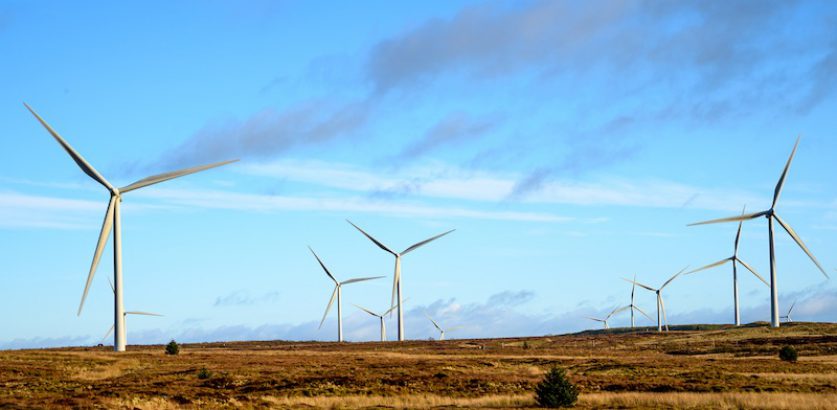
Scottish Power’s new green energy tariff will source electricity directly from the firm’s own solar and wind farms, distinguishing it from ‘greenwashed’ deals offered by other suppliers.
Consumer group Which? has revealed that many green suppliers as misleading environmentally conscious consumers by offering ‘renewable’ tariffs while not investing in renewable energy infrastructure. These greenwashed suppliers take advantage of a loophole which allows them to buy power from another, often fossil fuel, source and then offset it by purchasing renewable energy certificates.
Currently, only small suppliers Good Energy and Ecotricity and a handful of community energy projects generate enough clean electricity to supply their customers directly from renewable projects. In November, Good Energy announced it intends to eventually withdraw from the domestic supply market, to concentrate on its business energy and Feed-in Tariff services.
Scottish Power, which divested itself from fossil fuel projects in 2018 and is developing a portfolio and wind and solar power assets, will now join them. Its new green tariffs will source power directly from installations including Whitelee Windfarm, the UK’s largest onshore wind farm, and 39 other operational wind farms. Scottish Power has claimed that its renewable installations generate enough clean electricity to power 1.5 million homes.
Chief executive Keith Anderson said: “As the UK’s only end-to-end energy provider, we’re unique in being able to make this commitment. From today, anyone who signs up for our electricity on a fixed-price tariff can be confident that they are buying electricity from truly green sources.”
Anderson added that Scottish Power will reinvest money made from the green tariffs in new generable generation, so “the more people who take up the tariff, the more investment in green energy there will be.”
Scottish Power says it already invests £7 million each day to deliver cleaner electricity for customers and has outlined plans to dramatically expand its fleet of onshore wind farms and to install solar panels on the ground beside their turbines.
Anderson also took aim at competitors which aren’t as green as they advertise.
“With an increasing number of green tariffs in the market, it’s important that consumers understand how ‘green’ their tariff is in terms of supporting the UK renewables industry,” he said.
“There are lots of suppliers running around, slapping a bit of green paint on their logo and trading bits of paper to claim they’re green. But buying and selling certificates doesn’t help tackle climate change — building wind farms and solar projects is what we need to do.”
Energy market regulator Ofgem has said it is aware of concerns about greenwashing and will take action to guarantee customers aren’t misled.




